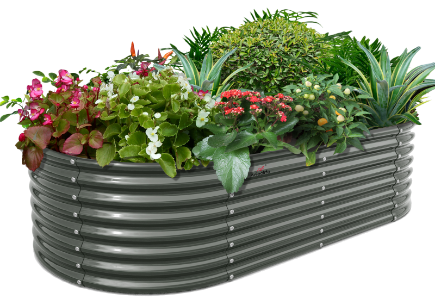Gardening is a rewarding hobby that not only beautifies your space but also provides fresh produce right from your backyard. Understanding the prime for homegrown veggies is essential for any aspiring gardener. This guide will help you navigate the process of selecting the best vegetables for your home garden, ensuring a bountiful harvest.

Understanding Your Growing Conditions
Before you start planting, it is crucial to assess your garden's environment. What type of soil do you have? Is it sandy, clay, or loamy? Each type of soil has different nutrient profiles and drainage capabilities. Additionally, consider the amount of sunlight your garden receives. Most vegetables thrive in full sun, which means at least six hours of direct sunlight daily. If your garden is shaded, you may need to choose shade-tolerant varieties.
Choosing the Right Vegetables
When selecting vegetables, think about your culinary preferences and the climate in your region. Some vegetables are more suited to specific climates than others. For instance, tomatoes and peppers flourish in warm weather, while leafy greens like spinach and lettuce prefer cooler temperatures. Here are some popular choices:
- Tomatoes
- Carrots
- Bell Peppers
- Spinach
- Radishes
These options are not only delicious but also relatively easy to grow, making them ideal for beginners. If you are unsure about what to plant, consider starting with a mix of these vegetables to diversify your harvest.
Seasonal Planting and Care
Understanding the planting seasons is vital for maximizing your yield. Most vegetables can be categorized as cool-season or warm-season crops. Cool-season crops can be planted in early spring or late summer, while warm-season crops should be planted after the last frost. How do you determine the best time to plant? Check local gardening calendars or consult with local gardening centers for specific planting dates.
Once your vegetables are planted, regular care is essential. This includes watering, weeding, and monitoring for pests. Implementing organic pest control methods can help maintain a healthy garden without harmful chemicals.
Utilizing Garden Beds for Optimal Growth
To enhance your gardening experience, consider using raised garden beds. These structures provide better drainage and soil quality, which is prime for homegrown veggies. You can find high-quality galvanized garden beds that are durable and aesthetically pleasing. For more information, check out this  .
.
Conclusion
In conclusion, selecting the right vegetables for your home garden involves understanding your growing conditions, choosing suitable crops, and providing proper care. By focusing on the prime for homegrown veggies, you can create a thriving garden that yields delicious produce. Happy gardening!








